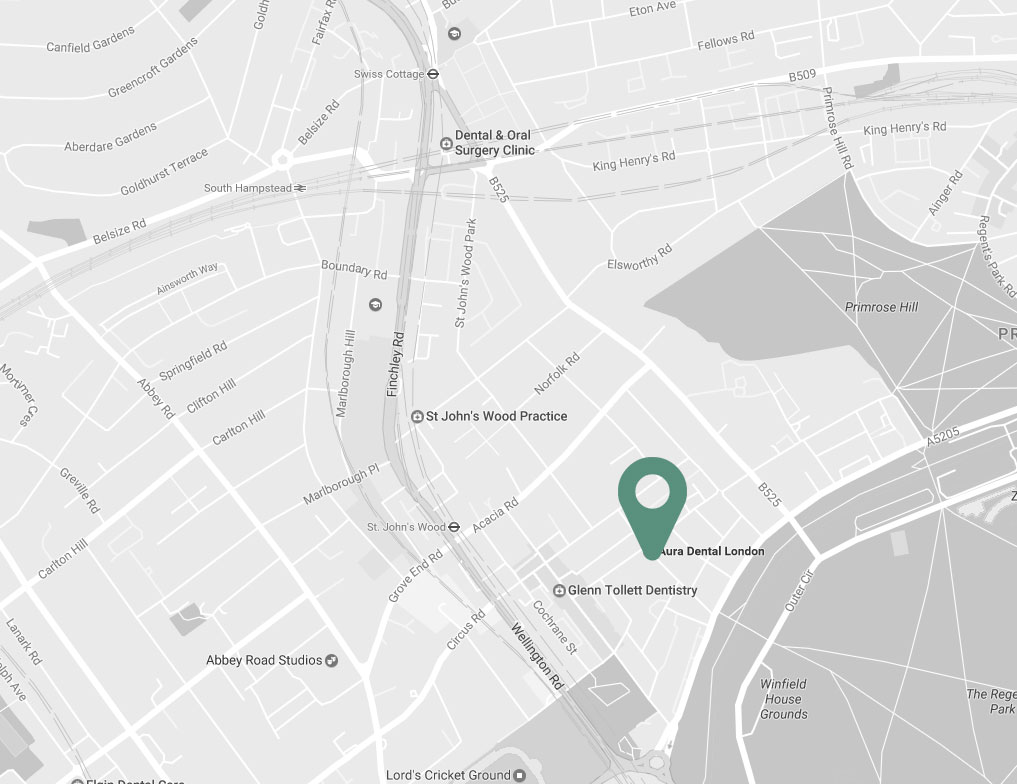
While the flu season is underway it’s important to take action while it’s still early, to avoid unnecessary colds & flus. Falling sick, very commonly means taking antibiotics, what is often unnecessary as most cold & flus are caused by viruses and not bacteria. When used recklessly they can lead to gut damage, so it’s much preferable to act in advance to boost our immune systems.
The best place to start for the prevention of infections is actually to boost our levels of good bugs! Studies have shown that children who take probiotics with a little vitamin C every day, get fewer coughs and colds. Further research shows that the bacterial strain Lactobacillus rhamnosus GG is effective in reducing the number, severity and duration of respiratory tract infections. So probiotics, including L. rhamnosus GG, may be the best thing to take all winter to prevent coughs and colds.
White sugar, caffeine, alcohol and high-fat food, all have the effect of suppressing the immune system. An excess of high-fat foods can clog up the lymphatic system, limiting the body’s ability to clear infection.
Now’s the time to steadily take a break from the above before the festive season begins, to avoid withdrawal effects, and help your body to increase its natural defences.
When it comes to your immune system, there’s no substitute for a good diet! Vegetables and fruits are the main sources of vitamins and minerals in our diet, so ensure you’re eating a wholesome diet that has a predominance of these, eating as wide a variety as possible to get a range of nutrients. Aim for 5 to 7 portions of veg & fruit per day. Organic is great! Aim for adequate protein with all your meals and snacks.
Stress is among the major suppressors of our immune systems. Consider meditation, yoga, acupuncture or brisk walks in nature. Take some time for yourself to take a warm bath with Epsom salts, read books or keep a gratefulness journal.
Aim for 7-9 hours of sleep every night. Your body relies on sleep to repair from daily stressors, exercise and exposure to toxins. Chronic sleep deprivation can significantly reduce your immune function.
Along with the stress-lowering effects of nature, a Sunday walk in the woods (especially on sunny days) will increase your levels of vitamin D.
Vitamin D enhances the immune system’s ability to recognise pathogens and initiate a response against them especially influenza (which causes the flu), and respiratory tract infections. If you live in a country where exposure to sunlight is very limited during winter, it is essential to supplement vitamin D.
Exercise boosts your immune system by increasing circulation and relieving stress. Increased circulation allows antibodies to travel throughout the bloodstream faster, making it easier for the immune system to fight off an illness. Exercise also enhances your immune system by relieving stress and slowing the release of stress hormones in the body.
Sufficient hydration is very important for keeping viruses outside your body. We need about 1L of water for every 22kg. If you can’t drink so much water, up your intake with herbal teas (remember coffee, tea and alcohol have a diuretic effect so don’t count towards your water intake). Add some fresh lemon or frozen berries, ginger, spearmint to the water to make it tastier and add some antioxidants to give it a detox effect!
Wash your hands frequently and thoroughly, for at least 20 seconds (about how long it takes to sing the ABC’S one time through!). Opt for a natural soap to avoid any nasty chemicals that can be an extra burden to your immune system. Saline rinses with a neti pot can also be helpful during the flu season to keep the respiratory passages clear. For maximal protection, you can use a negative ion generator in your office or at your desk. This keeps the air more like outdoor air and decreases unwanted particles in the air.
Look for a quality supplement that contains high levels of Vitamin A, Zinc, Vitamin D, Vitamin C all in their bioavailable forms (Ask a nutritional expert or your physician). Antioxidants (flavonoids), Elderberry, Echinacea, Beta Glucans, Medicinal Mushrooms, Garlic, Lysine, Olive Leaf, Sage are also amazing anti-virals and immune boosters.
What To Do If You Fall Sick?
Rather than fighting the symptoms and reaching for painkillers, support your body naturally by resting and having plenty of fluids and nutrients. Some of the best immune-boosting foods:
Natural anti-microbial and anti-inflammatory foods – garlic, ginger, turmeric, sage, coconut oil, freshly squeezed lemon juice with warm water and honey (locally sourced and raw if possible).
Bone broths – use organic chicken carcass or beef bones, add a mixture of vegetables such as carrots, leeks, onions and herbs. Cover with water and gently simmer for a few hours. Strain and drink the broth daily. An ideal meal would be soup with chicken, garlic, onion, ginger, vegetables and some lemon, and orange starchy veg like carrots, sweet potato, squash (rich in beta-carotene).
Vegetable juices – if you have a low appetite, fresh vegetable juices can be a great source of nutrients and antioxidants.
Probiotic foods – sauerkraut, kimchi, miso, natural yoghurt, kefir and kombucha.
Essential fats – avocado, oily fish such as sardines, mackerel and wild salmon, seeds such as flax, chia, and hemp seeds.
Coconut water – for hydration and replenishing electrolyte stores. Drink in moderation.
It’s normal for most people to get a cold once or twice a year, but by keeping up with the basics, the frequency, intensity, and duration of the illness is likely to be less.
References
Guarner, F. and Malagelada, J. (2017). Gut flora in health and disease.
González-Gallego, J., García-Mediavilla, M., Sánchez-Campos, S. and Tuñón, M. (2017). Fruit polyphenols, immunity and inflammation.
Borek, C. (2017). Antioxidant Health Effects of Aged Garlic Extract. [online] Jn.nutrition.org. Available at: http://jn.nutrition.org/content/131/3/1010S.short [Accessed 17 Nov. 2017].
Cooper, E. and Ma, M. (2017). Understanding nutrition and immunity in disease management.
Clua, P., Kanmani, P., Zelaya, H., Tada, A., Kober, A., Salva, S., Alvarez, S., Kitazawa, H. and Villena, J. (2017). Peptidoglycan from Immunobiotic Lactobacillus rhamnosus Improves Resistance of Infant Mice to Respiratory Syncytial Viral Infection and Secondary Pneumococcal Pneumonia.
Zelaya, H., Alvarez, S., Kitazawa, H. and Villena, J. (2017). Respiratory Antiviral Immunity and Immunobiotics: Beneficial Effects on Inflammation-Coagulation Interaction during Influenza Virus Infection.
Y, Y. (2017). Gut Microbiota in Health and Disease. – PubMed – NCBI. [online] Ncbi.nlm.nih.gov. Available at: https://www.ncbi.nlm.nih.gov/pubmed/29136611 [Accessed 17 Nov. 2017].
S, C. (2017). Vitamin C and Immune Function. – PubMed – NCBI. [online] Ncbi.nlm.nih.gov. Available at: https://www.ncbi.nlm.nih.gov/pubmed/29099763 [Accessed 17 Nov. 2017].
Wintergerst ES, e. (2017). Contribution of selected vitamins and trace elements to immune function. – PubMed – NCBI. [online] Ncbi.nlm.nih.gov. Available at: https://www.ncbi.nlm.nih.gov/pubmed/17726308 [Accessed 17 Nov. 2017].
Martel J, e. (2017). Immunomodulatory Properties of Plants and Mushrooms. – PubMed – NCBI. [online] Ncbi.nlm.nih.gov. Available at: https://www.ncbi.nlm.nih.gov/pubmed/28863984 [Accessed 17 Nov. 2017].
Pan MH, e. (2017). Effects of water extract of Curcuma longa (L.) roots on immunity and telomerase function. – PubMed – NCBI. [online] Ncbi.nlm.nih.gov. Available at: https://www.ncbi.nlm.nih.gov/pubmed/28889732 [Accessed 17 Nov. 2017].
.


| Charlbert St, St John’s Wood London NW8 7BT |
|
| +30 6977 2099 88 | |
| info@naturopathy-med.com |